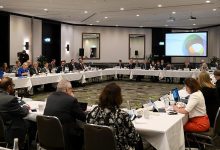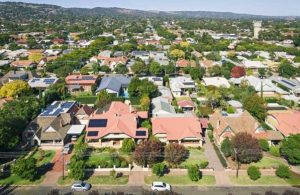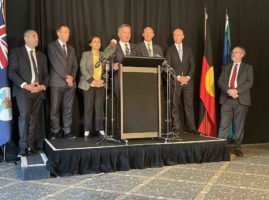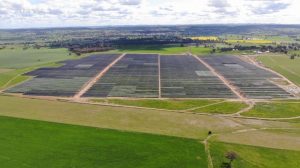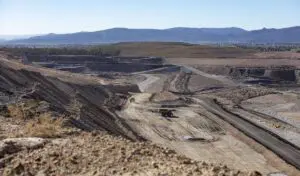Key players in Australia’s emerging clean energy sector have called on energy ministers to reject proposals for two “disruptive” market reforms that they say will slow new investment in renewable energy projects and hinder efforts to improve the reliability of the energy system.
In an open letter, sent to federal, state and territory energy ministers, the clean energy investors call into question the merits of the energy market shakeup proposed by the Energy Security Board.
The group says that two of the Energy Security Board’s proposed reforms are major sources of concern, including a plan to establish a capacity mechanism in Australia’s main electricity market and the creation of a new “congestion management model” – each of which could stymie investment in new wind and solar projects.
“The ESB has proposed the establishment of a capacity market, which could be used to subsidise existing coal plants and unnecessarily prolong the life of these increasingly unreliable generators,” the letter says.
“This would be a fundamental and unjustified change to the Australian energy market. While reliability is clearly critical to Australian electricity customers there has been significant recent investment in new renewable generation capacity and energy storage to ensure the continued reliability of the energy system, even as coal becomes increasingly unreliable, and closure accelerates.”
Additional concerns have been raised around a proposed congestion management model, which could see new wind and solar projects penalised financially for congestion within electricity networks, unless they can secure participation in a number of proposed renewable energy zones.
Clean energy investors have argued that the threat of penalties would significantly increase the investment risks posed to new wind and solar projects, making it harder to get new projects off the ground.
“This mechanism could create uncertainty for investment in new generation and do nothing to support the development of a 21st century grid and much-needed investment in transmission,” the letter says.
“We believe that there are far better approaches to addressing congestion in the energy system.”
The reforms have been years in the making – but there are fears that they have been created at the behest of both the Morrison government and the handful of companies that operate Australia’s remaining fleet of coal-fired generators.
The letter was distributed to energy ministers ahead of a planned meeting on Friday and was facilitated by the Clean Energy Council.
The letter has been co-signed by some of Australia’s largest clean energy developers, including Neoen, Acciona, Tilt Renewables, Pacific Hydro, sonnen, Maoneng, Siemens Gamesa and Senec.
Clean Energy Council chief executive, Kane Thornton, said that the growing uncertainty around the future of energy policy at a national level and its ongoing politicisation of energy policy was hampering investment in new wind, solar, and storage projects.
“This week’s meeting of energy ministers looms as a fork in the road for the future of our electricity market and the ultimate speed in which Australia can deploy clean energy and reduce our carbon emissions,” Thornton said.
“The rates of investment in large-scale wind and solar projects has fallen 29 per cent in the last year and is down 70 per cent on 2018, with risks and uncertainty continuing to mount for investors.
“The good news is that investment in utility-scale batteries is ramping up, with over 600 MW of capacity worth over $400 million committed in the first quarter of 2021,” Thornton said.
“While we do not support the ESB’s recommendations on these two reforms, we look forward to working further with states and territories, the Australian Energy Market Commission and the ESB to develop better mechanisms to address the real issues in the power system, including how to build the network needed to decarbonise and how to safely manage the transition from coal to renewables.”
There are growing signs that the proposed reforms could ultimately be dismissed by state energy ministers, with energy ministers from both New South Wales and Victoria already rejecting the proposed capacity mechanism.
Energy ministers will meet on Friday to discuss the proposed reforms – but there is currently no indication of what course the federal government may take if it cannot win support for the changes.
Some suggest that the state ministers will simply agree to allow ESB to continue its design work, without committing to the new mechanisms, but others are calling for the ESB to be disbanded.

